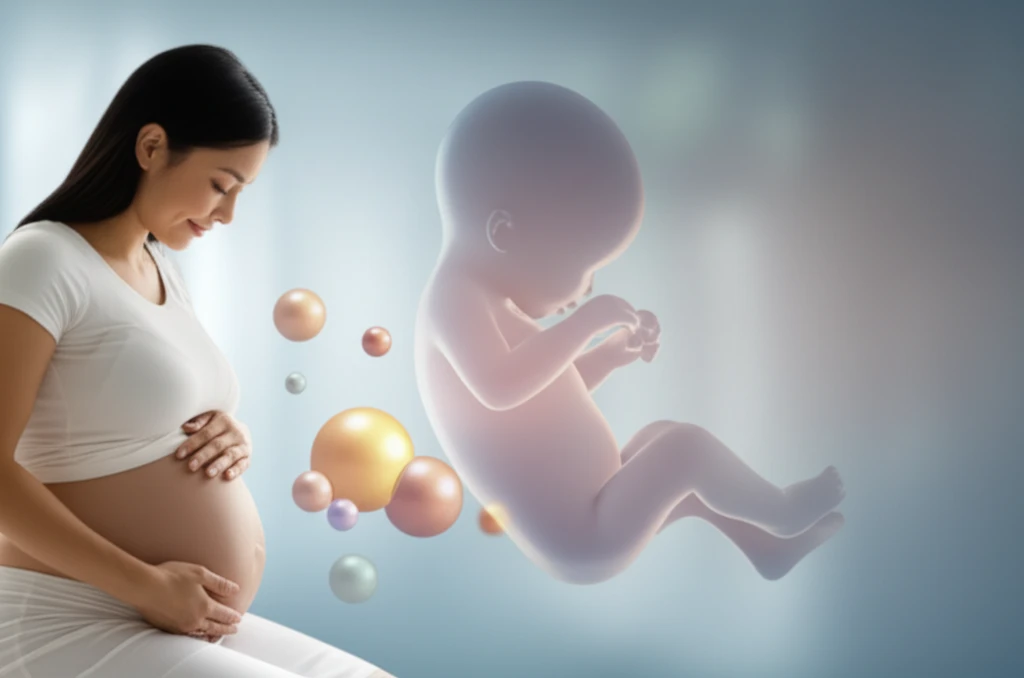
Bipolar Disorder and Pregnancy: What You Need to Know About Medication and Your Baby's Health
"Navigating the complexities of bipolar disorder during pregnancy? Understand the impact of psychotropic medications on your pregnancy and your baby's well-being."
Bipolar disorder (BD) affects approximately 1-2% of the population in the United States, with a broader bipolar spectrum potentially impacting up to 6.5%. Given that the typical onset of BD occurs during late adolescence, many women face the challenge of managing this condition during their childbearing years. It’s estimated that 40% to 70% of women with BD experience recurrent episodes after giving birth. Postpartum psychosis, a severe condition occurring in 1-2 per 1000 births, is closely linked with BD.
For many individuals with BD, continuous medication is vital for managing the condition. However, the decision to continue or discontinue medication during pregnancy is complex and often fraught with uncertainty. While there's growing information available for treating unipolar depression during pregnancy, guidance for managing BD is less robust. This creates a critical need for clear, evidence-based information to support informed decisions.
This article explores the findings of a prospective study examining pregnancy outcomes in women with BD, comparing those who continued psychotropic medication to those who did not, as well as to a control group without mood disorders. Our goal is to provide an accessible overview of the research, helping women and healthcare providers make well-informed choices about managing BD during pregnancy.
The Impact of Psychotropic Medications: Balancing Risks and Benefits

The central question in managing bipolar disorder during pregnancy revolves around psychotropic medications. Ideally, research would clearly differentiate between the effects of the disorder itself and the impact of the medications used to treat it. However, this is difficult because women who take medication often differ demographically and in terms of disease characteristics from those who do not.
- Women with bipolar disorder who continued psychotropic treatment (BD-P)
- Women with bipolar disorder who did not take psychotropic medications (BD-NP)
- A control group of women without bipolar disorder or any major mood disorder (Comp)
Making Informed Decisions for a Healthy Pregnancy
Managing bipolar disorder during pregnancy requires a collaborative approach between women, their families, and healthcare providers. The findings of this study highlight the importance of considering the unique circumstances of each individual, weighing the potential risks and benefits of medication, and addressing sociodemographic factors that can influence pregnancy outcomes. By staying informed and working closely with their healthcare team, women with bipolar disorder can take proactive steps to ensure a healthy pregnancy and a positive start for their babies.
